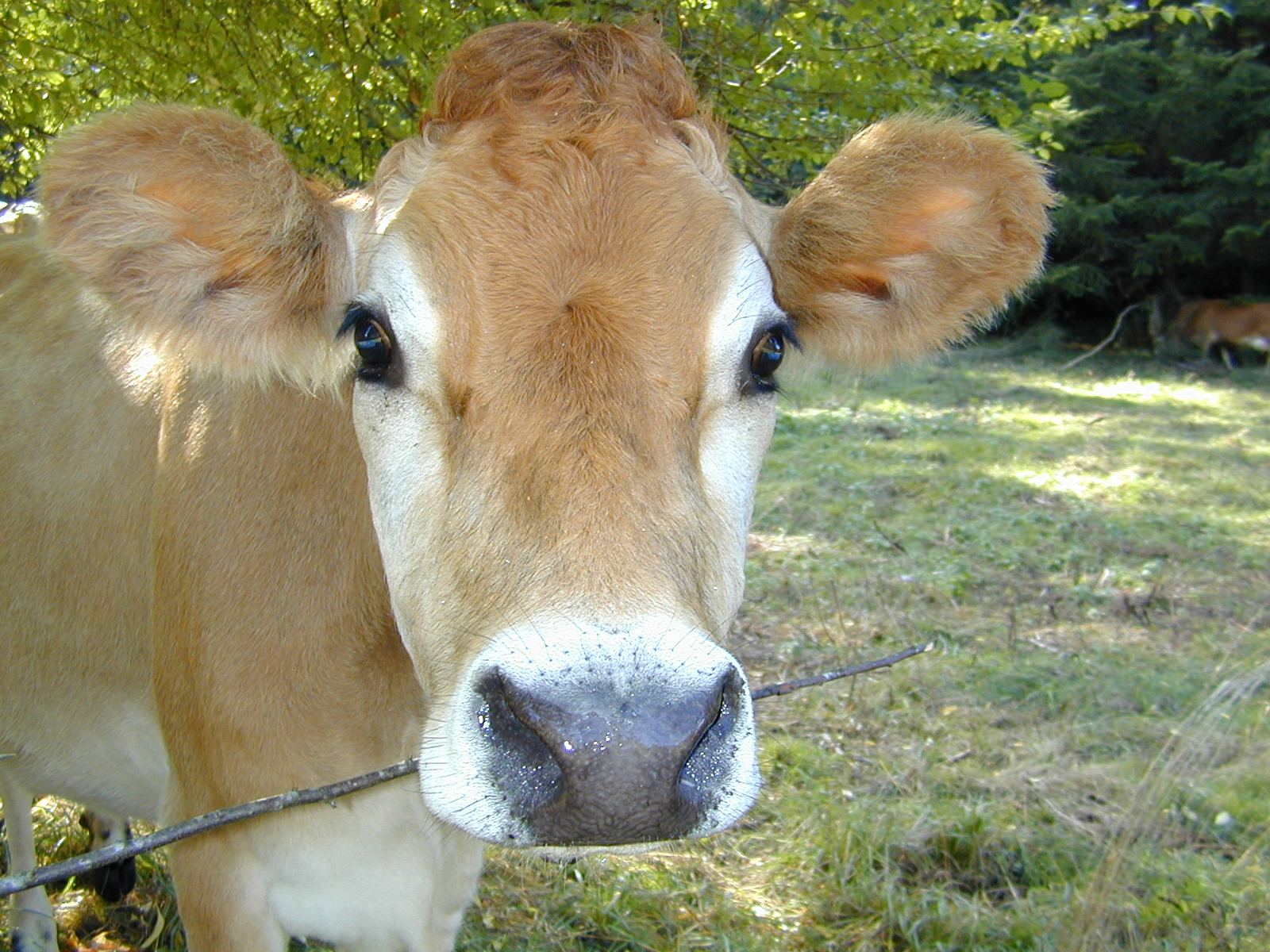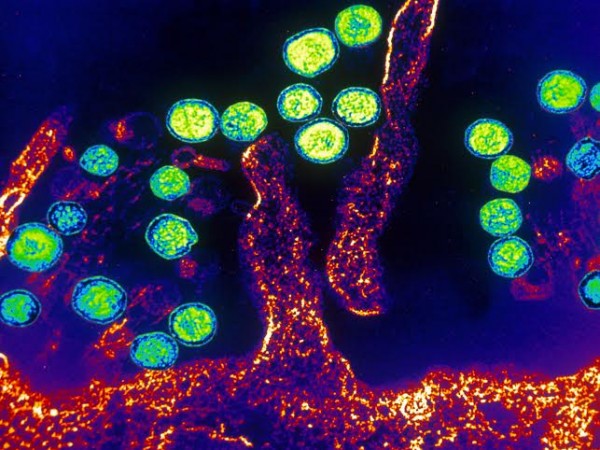They made a “factory” for the production of human antibodies from a cow
A cow with big sad eyes can serve as a factory for creating antibodies in large quantities. Scientists have placed a modified human chromosome in a cow to create antibodies for hantavirus . On the way - work with the Ebola virus and the Middle East respiratory syndrome Coronavirus.
The role of such "factories" for Ebola patients is now played in the USA by people who have developed immunity after the disease.

Antibodies, or immunoglobulins, are synthesized by lymphocytes in response to an invasion of foreign substances or organisms. For each of the “attacking” viruses, specific antibodies are needed. Mankind has been using foreign antibodies to fight infectious diseases for more than a hundred years. Since 1912, the blood plasma of patients with influenza was transfused to sick patients. Years later, immune proteins saved people with Lassa fever, SARS and Ebola and other diseases.
The researchers took 14 and 2 human chromosomes containing genes for creating hantavirus antibodies, and combined them into an artificial chromosome inserted into the cow. The cow genes responsible for antibody production were suppressed, so that they began to produce immunoglobulins for humans.
Hantaviruses were discovered in 1978. In Europe and Asia, their infection manifests itself in a mild form of hemorrhagic fever with renal syndrome, but there are also fatal outcomes: four deaths were recorded in the Krasnodar Territory in 2009.
Hantavirus in the cell membrane.

The role of such "factories" for Ebola patients is now played in the USA by people who have developed immunity after the disease.

Antibodies, or immunoglobulins, are synthesized by lymphocytes in response to an invasion of foreign substances or organisms. For each of the “attacking” viruses, specific antibodies are needed. Mankind has been using foreign antibodies to fight infectious diseases for more than a hundred years. Since 1912, the blood plasma of patients with influenza was transfused to sick patients. Years later, immune proteins saved people with Lassa fever, SARS and Ebola and other diseases.
The researchers took 14 and 2 human chromosomes containing genes for creating hantavirus antibodies, and combined them into an artificial chromosome inserted into the cow. The cow genes responsible for antibody production were suppressed, so that they began to produce immunoglobulins for humans.
Hantaviruses were discovered in 1978. In Europe and Asia, their infection manifests itself in a mild form of hemorrhagic fever with renal syndrome, but there are also fatal outcomes: four deaths were recorded in the Krasnodar Territory in 2009.
Hantavirus in the cell membrane.

